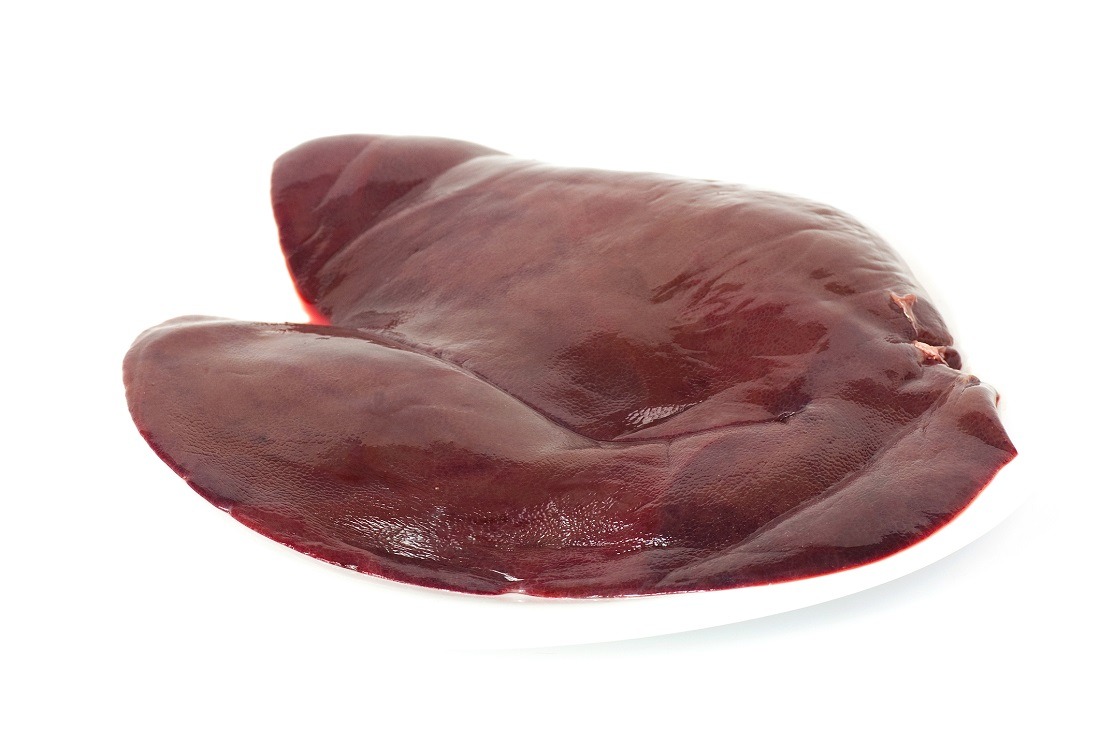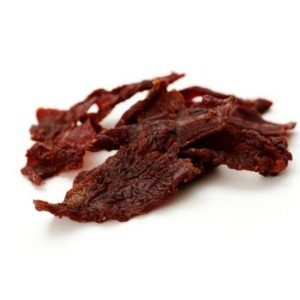Cow Liver Nutritional Facts
Cow liver is a powerhouse of nutrition, offering a wealth of essential vitamins, minerals, and macronutrients. Often considered a superfood, it provides significant health benefits for those who include it in their diet.
Macronutrients:
Cow liver is rich in high-quality protein, which is essential for muscle repair, immune function, and overall growth. A 100-gram serving typically contains about 135 calories, 3.6 grams of fat, and 20 grams of protein, making it a low-calorie, nutrient-dense option. The fat content is relatively low and primarily consists of healthy fats.
Vitamins:
Cow liver is a remarkable source of vitamin A, providing over 600% of the daily recommended intake per 100 grams. Vitamin A supports vision, skin health, and immune function. Additionally, it is loaded with B vitamins, including vitamin B12, which plays a vital role in red blood cell formation and neurological health. A single serving delivers over 3,000% of the daily value for vitamin B12. Other B vitamins, such as riboflavin (B2) and folate (B9), are also abundant, aiding energy metabolism and DNA synthesis.
Minerals:
Cow liver is rich in iron, offering about 25% of the recommended daily intake in a 100-gram serving. The type of iron found in liver (heme iron) is highly bioavailable, making it an excellent choice for preventing or treating anemia. It also provides significant amounts of zinc, copper, phosphorus, and selenium, which are crucial for immune function, bone health, and antioxidant protection.
Health Benefits:
The combination of vitamins, minerals, and protein in cow liver supports energy levels, brain function, and immune defense. Its high nutrient density makes it an excellent choice for those looking to enhance their diet with natural, wholesome foods. However, moderation is key due to its high vitamin A content.
Cow liver is a versatile ingredient and can be incorporated into various dishes for a flavorful, nutrient-packed meal.











Reviews
There are no reviews yet.